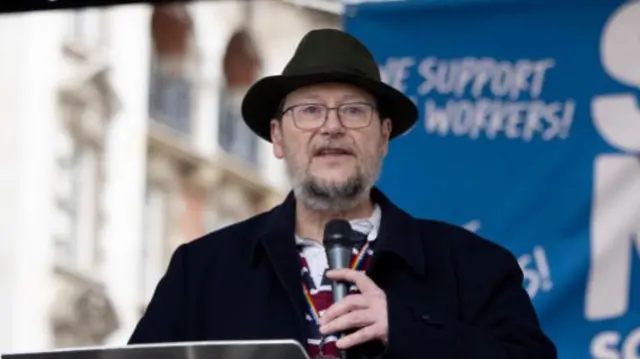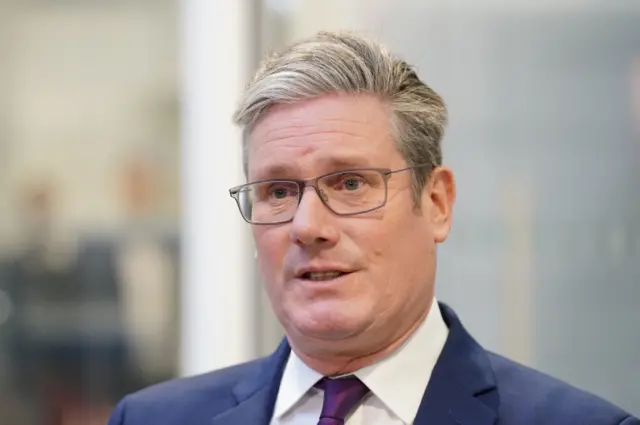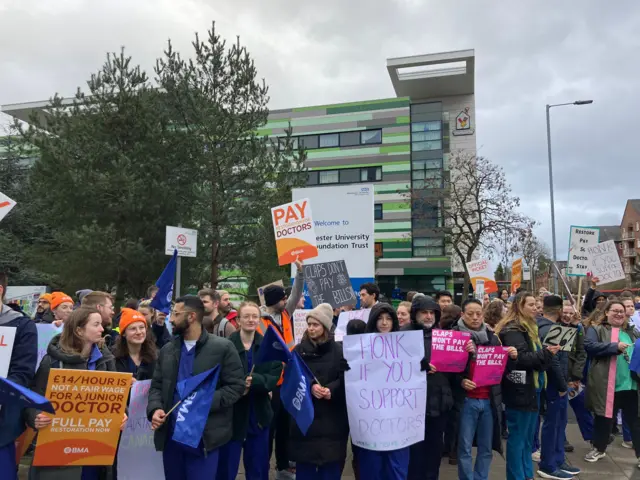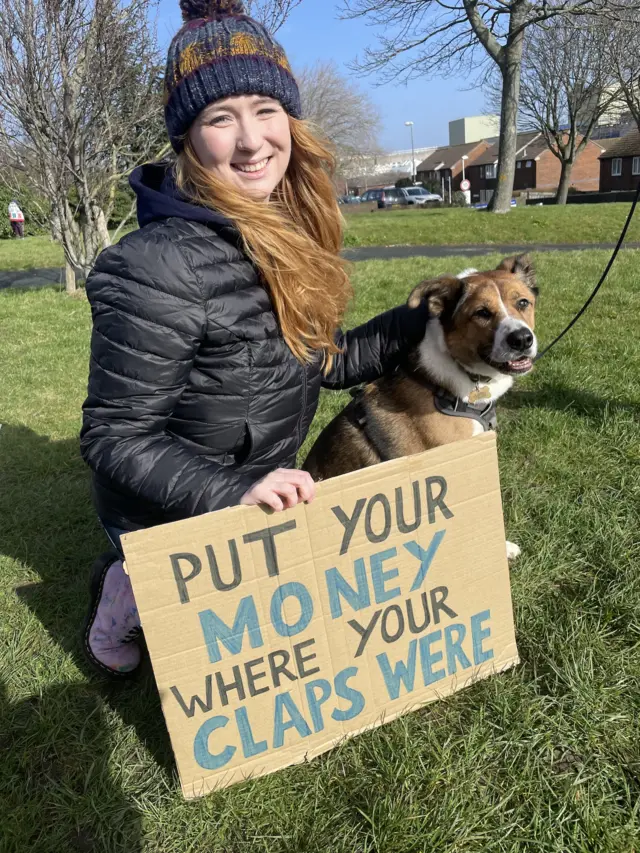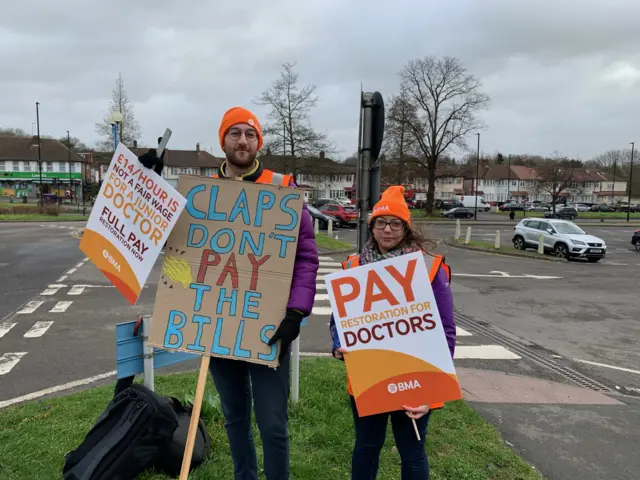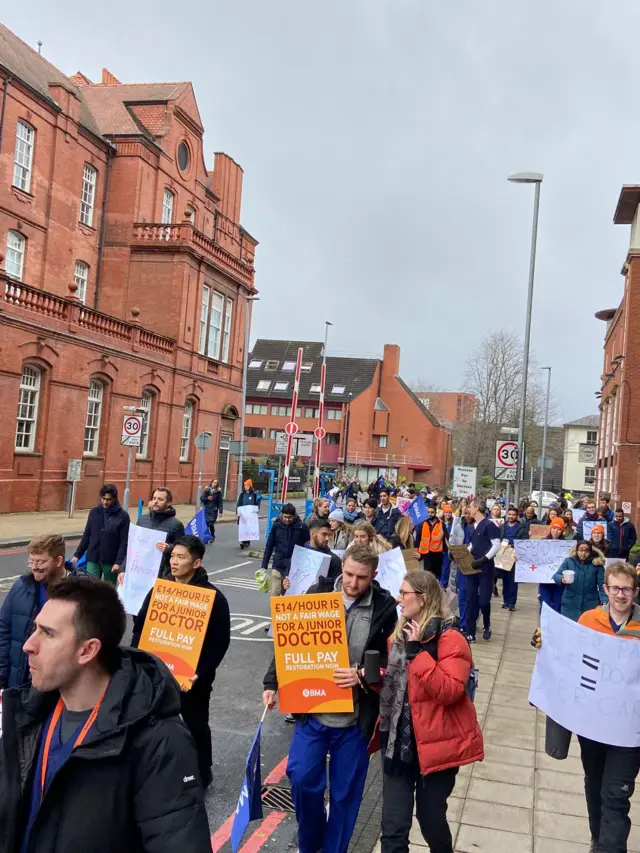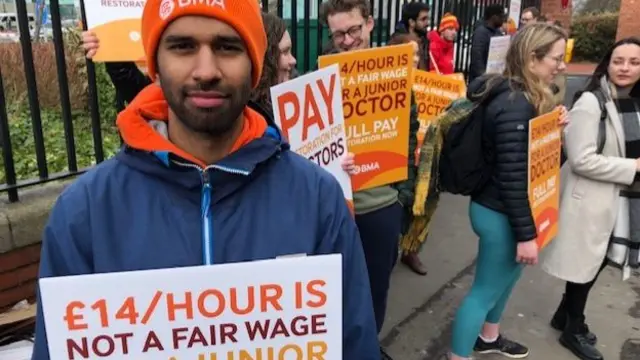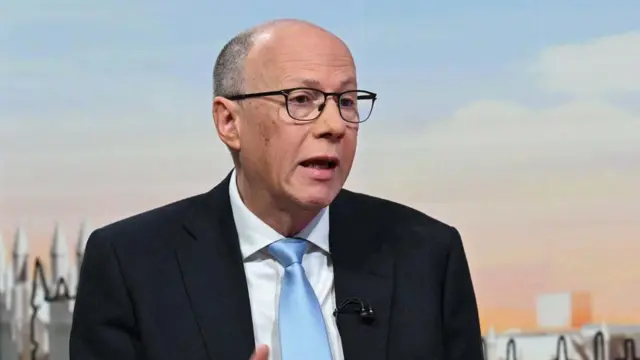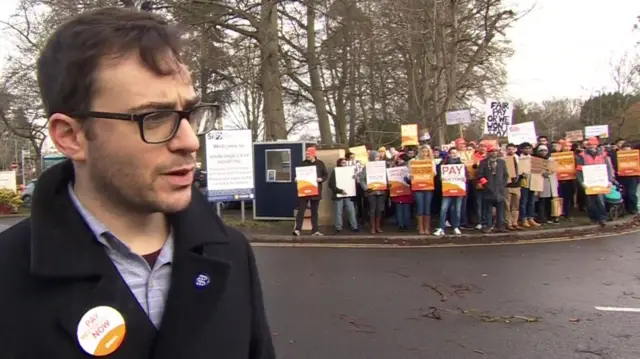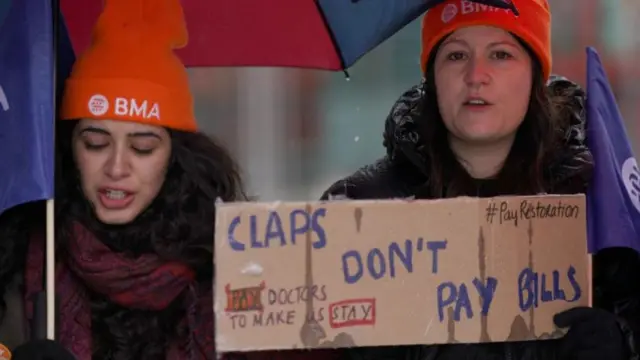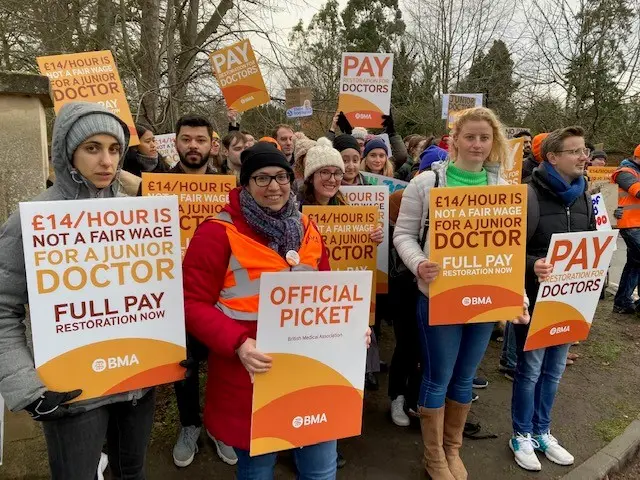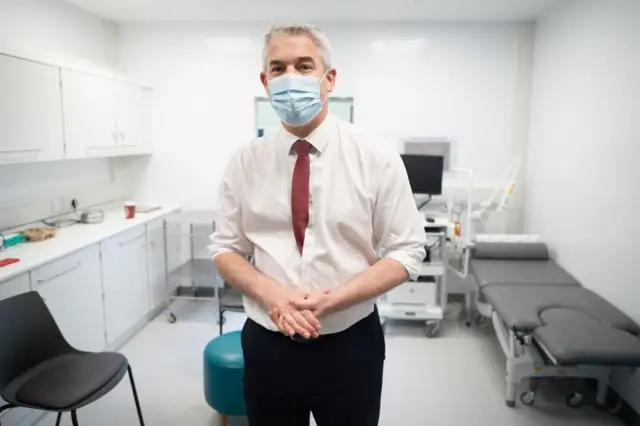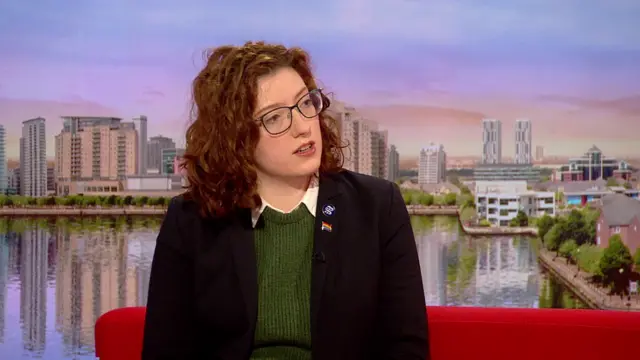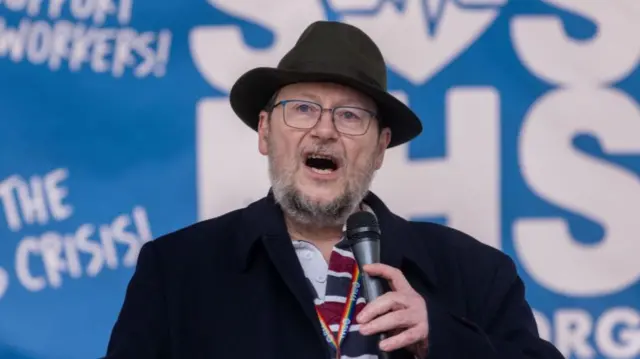What about pay rises for different professions?published at 12:36 GMT 13 March 2023
Zoe Conway & Rob England
BBC News
Trade unions talk about ‘a decade of lost pay'. They argue that for years public sector wages have failed to keep up with inflation or the price of things. But is that accurate?
The BBC has analysed Office for National Statistics’ data , externalon earnings for different professions. It shows that some public sector workers salaries have done better at keeping up with inflation than others.
Secondary school teachers pay has not kept up: they earn on average £41,000, which is £4,500 behind where it would be had it increased with inflation. However, it’s above the £33,000 wage of an average full-time employee in the UK.
Our analysis also shows that the salary of an average full-time paramedic has grown more than inflation, yet ambulance drivers and emergency medical technicians have been some of the hardest hit. They earned £27,515 as of 2022, which was £1,561 less than what their pay would have been had risen with inflation.
The wages of the most junior civil servants – who might work in call centres or job centres - have kept up with prices. They earn on average £27,700. That’s nearly £1,300 better off than if their salary had just been increased by inflation over the past 10 years.
